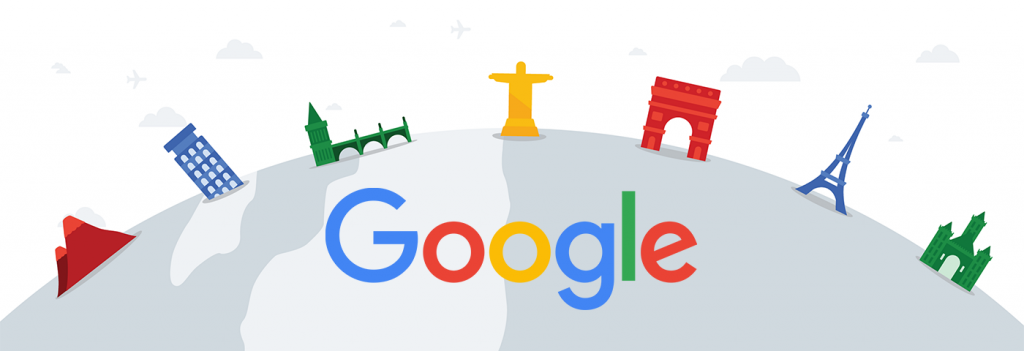I grew to accept that Google owned travel several years ago. Already seduced by Gmail and hangouts (remember them?), it had me at Google Maps. So when Streetview was launched, resistance was futile. And then they produced Google Earth. Swoon.
Prosaically, Google Docs is brilliant for sharing a document whereby one or more people can work on the same thing at the same time, while Google Drive is my walking library of work in progress.
Annoyingly, but only slightly, Google charges you £16 a year when your free 15GB of space on Drive fills up. You then get 100GB – but not being a heavy user of Docs, by the end of my first paying year, I was still only using 17GB of storage.
There was only one thing to do. Sign up for Google Photos, which I did today. I’d been lukewarm about committing to Apple, or BT (the other two behemoths in my travel life) for Cloud storage, which would predominantly be images or video.
So with 83GB of space available, Google now gets to keep my photos, video and documents too. I am not employed by Google, although it may appear that way, but to me it’s sound practice for on-the-road working with words and images as well as social media.
“The level of support we get is outstanding. They (Google) are always reaching out, trying to help us.” They are the words of Tom Sly from US media publisher E W Scripps in a Digiday interview this week.
Google and Facebook have brought traditional publishing to its knees by stealing its advertising. The duopoly accounts for two-thirds of digital ads. But the argument goes in publishing that there is more to be gained from embracing Google rather than resenting it.
“We talk about the duopoly, and no question, they’ve taken share out of local and national markets,” Sly says. “They’re saying, ‘Yeah, we’re part of what changed it, but we’re here helping as well.’”
Google provides training, money and tools to publishers as it looks to strengthen relationships in the long-term. That matters, as does crackdowns on plagiarized, duplicated, black-hatted content, which helps clean up travel information online.
It is also not a travel agent: it is an information provider, that makes money from ads, not commission. Good for consumers, not so good for Online Travel Agents like Skyscanner or Kayak.
But there is always a fear with the Big Friendly Google Giant. What if its data is breached? What if power corrupts? What if it bumps up its prices when the competition is crushed?
Nothing to suggest that will happen so far. But it was interesting to hear Steven Taylor, global chief brand officer at Accor Hotels, speaking at a Skift conference this week – “We need to watch Google and Amazon carefully,” he said.
Google is responsible for half the hotel group’s direct business, which is increasing – and may weaken the company’s direct connection with customers, says Taylor. Accor is now looking to build a number of links with customers to retain lines of communication and knowledge of their guests.
“We’re watching large technology platforms very carefully,” Taylor said. “They have ever-increasing influence in the travel space, and that’s why we’re focused on building these ecosystems of brands and loyalty to compete.”
